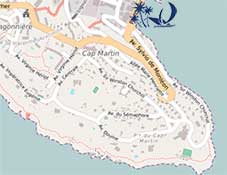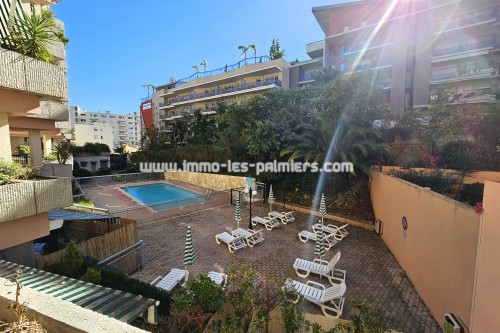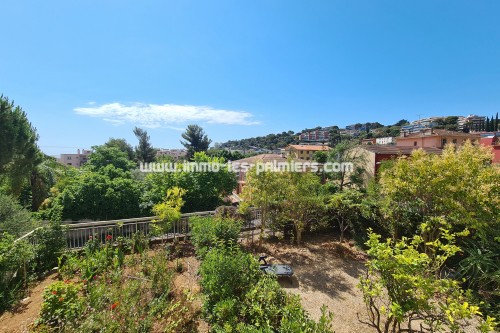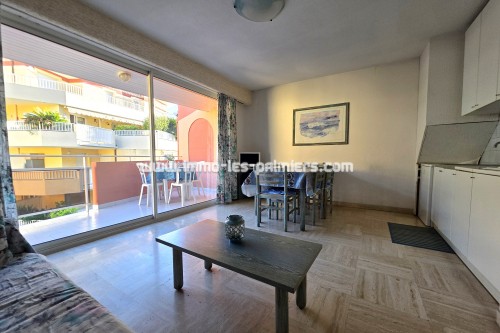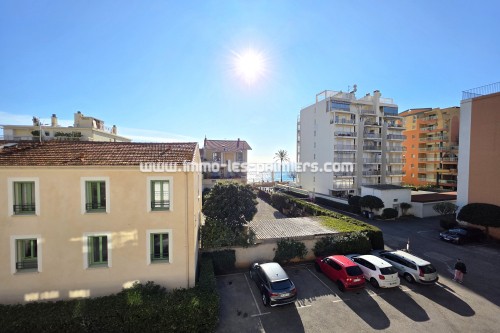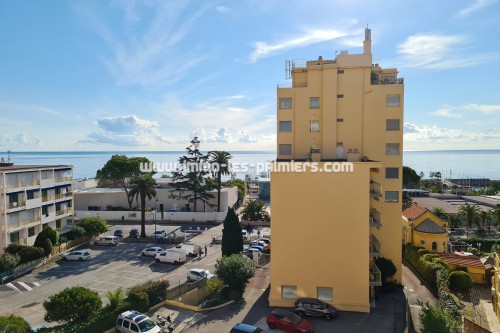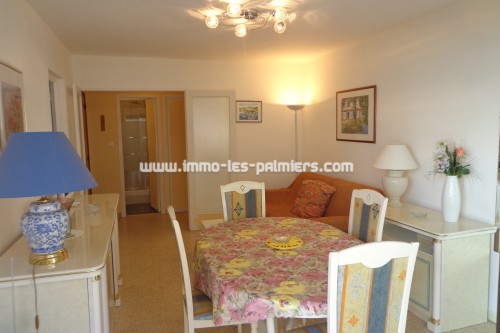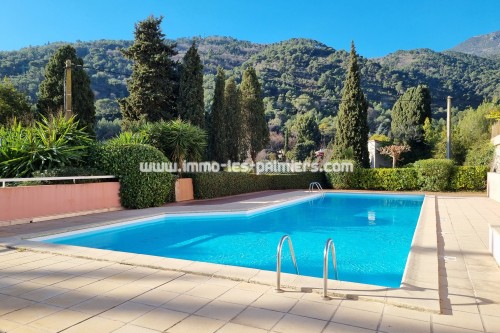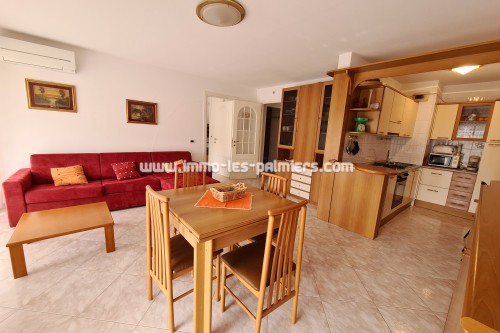- What is a holiday rental ?
Legal status of holiday rentals in France : First of all, it is a so-called "furnished" rental: it therefore implies the presence of the furniture necessary for the everyday life of the tenant: beds, kitchen, wardrobe, table, chairs, furniture and kitchen equipment, installation of at least one shower room. Secondly, it is a so-called "seasonal" rental: i.e. a rental that should not exceed the season (in theory 3 months maximum). This seasonal rental may be granted on a daily, weekly or monthly basis to a "visiting" clientele, and under no circumstances constitutes the tenant’s main residence. Seasonal rentals are, according to the law, totally free and are only subject to the conditions of the Civil Code for their organisation.
- Why rent for seasonal rental ?
Do you have an accommodation that you occupy occasionally ?
Is there a way to cover all or part of the maintenance costs ?
YES ! Seasonal Rental
The idea of renting out your accommodation, a few weeks a year, while reserving the possibility of occupying it yourself. An attractive solution that offers the advantage of providing a significant income supplement and keeping the freedom of your property. Have you ever thought about it ?
Today, the demand for this type of accommodation is constantly growing. The modern means we now have at our disposal are reaching an international clientele eager to discover and get to know all the diversity of our region, the Côte d’Azur, which is equalled only by its beauty. The sea, the mountains, the Principality of Monaco and neighbouring Italy are all testimony to this. Discovery tourism, as we like to remind you, has strongly developed in recent years and, with it, the need for accommodation.
Contact us !
- Classification of certain holiday rentals in France
The law allows the classification of certain seasonal rentals in order to guarantee the tenant a quality product or to respect the quality standards imposed by this classification (decree of 8 January 1993). Indeed, the landlord applying for classification must scrupulously observe the obligations imposed by the classification, failing which the landlord will not receive approval or will be withdrawn if the rental no longer corresponds to these standards of comfort.
Furnished seasonal rentals are qualified as "furnished tourist accommodation": "furnished tourist accommodation is furnished villas, flats or studios, for the exclusive use of the tenant, offered for rent to a clientele passing through for a stay characterised by daily, weekly or monthly rentals and who do not take up residence there".
These furnished tourist accommodation are classified in different categories expressed by an increasing number of stars according to their level of comfort and amenity.
The minimum conditions are in particular to be free of permanent specific odours, and located outside the nuisance zones resulting from classified facilities, such as major roads, railways or airports.
- Our advice before committing
Ask for a detailed description of the premises.
Leave nothing to chance. If you are going on holiday and your stay is bound to be limited in time, this is no reason to settle for basic furniture or kitchen units in poor condition. Here again, you must remain absolutely vigilant, and do not hesitate to ask the landlord for further information.
A "descriptive statement and rental conditions" should be sent in duplicate, one for the lessor or his representative, and the other for the prospective tenant. Please note that if the information in the "descriptive statement and rental conditions" is inaccurate, the lessor or his representative may be fined.
- Check the booking conditions: deposit or down payment
The amount of the reservation and the date of payment are to be negotiated between the two parties. In the first instance, it is advisable not to pay any sum before the signature of the rental contract and to know what this payment corresponds to (deposit or advance payment). Be vigilant about the terms used in the contract, because in a seasonal rental contract, the wrong choice of term can have important consequences in the event of cancellation.
Numerous contingencies may occur, including illness or an accident, forcing the owner or tenant to cancel the reservation when the reservation had already been paid in full to stop the rental. To what extent can this sum be refunded? It is important to distinguish whether the contract mentions a deposit or a down payment.
The deposit is a means of forfeiture. The lessee is free to withdraw, however the deposit remains the property of the lessor (the lessor is considered to have suffered a loss due to the withdrawal of the lessee having exercised an option on the property rented). Conversely, if it is the lessor who gives up the rental of his property, Article 1590 of the Civil Code requires the lessor to refund twice the amount of the deposit paid by the lessees.
A deposit is a firm and definitive commitment. In the event of cancellation, the tenant may be required to pay the totality of the rent for the planned stay or for the period during which the accommodation could not be rented to another person. However, jurisprudence admits that in the event of an unforeseeable and insurmountable event, the Tenant may be exempted from this payment obligation. Conversely, the tenant may claim compensation from the landlord if the cancellation is due to his or her own fault. In this case, moral and material damage will be noted, which will materialise in the form of a seriously compromised holiday, additional expenses caused by the change of circumstances, etc...
In summary, it is recommended to specify the nature of the sum paid in the rental agreement. Whether the money paid is a down payment (in other words, part of the rental price) or a deposit.
- Request the amount of the deposit
As regards security deposits, the legislation only applies to professionals. Individuals who occasionally rent accommodation are not covered by the legislation in force.
- Leave well insured
The owner of the accommodation may ask the tenant to provide a photocopy of an insurance certificate in order to check, as the tenant, whether you are covered against rental risks (fire, water damage, etc.), either by a "holiday" extension of the insurance policy you have taken out for your main dwelling, or by a specific contract limited to your stay in the accommodation. Do not hesitate to check this guarantee against the value of the furniture contained in the accommodation. This estimate may appear in the contract. Think about it, being personally insured for possible material damage for which you could be responsible is not a futility, because the owner’s insurance company will not fail to turn against you !
- Require a rental contract
A rental contract must be signed before entering the premises. This contract gives concrete form to the agreement and commitment between the two parties. It may result from a simple exchange of correspondence or take the form of a document drawn up in duplicate, signed by both the lessor and the lessee, each keeping one copy of this contract. It is strongly recommended to proceed as such in order to avoid a possible conflict.
The rental contract must be extremely precise. The rented accommodation must be designated by indicating the following elements: the precise address of the accommodation (flat or detached house) - the number of rooms and the living area - a list of the parts and facilities which the tenant has exclusive use of (garage, terrace, etc.) or those which he enjoys in the same way as the other residents of the building (green areas, inner courtyard, swimming pool, etc.).
The rental period must also be precisely determined with the start and end dates of the rental period. In the case of seasonal rentals, arrival and departure times are very often indicated (recommended).
The amount of the rent must appear in the rental contract, the rate is freely determined, the payment terms and the ancillary expenses must also be included. A tourist tax intended to finance public facilities and services is levied by all communes both in the high and low seasons. The contract specifies the amount you must pay for your reservation and the amount of the deposit.
- Charges
unless they are included in the rental price, may be calculated on a lump sum basis in advance, based on the actual consumption of water, electricity, gas and telephone. In the latter case, the regularisation takes place at the end of the stay or a few weeks later, taking into account the billing deadlines for the various services. In this case, it is important to remember to have the meters read during the inventory of fixtures at the entrance and exit to avoid any dispute from either party.

